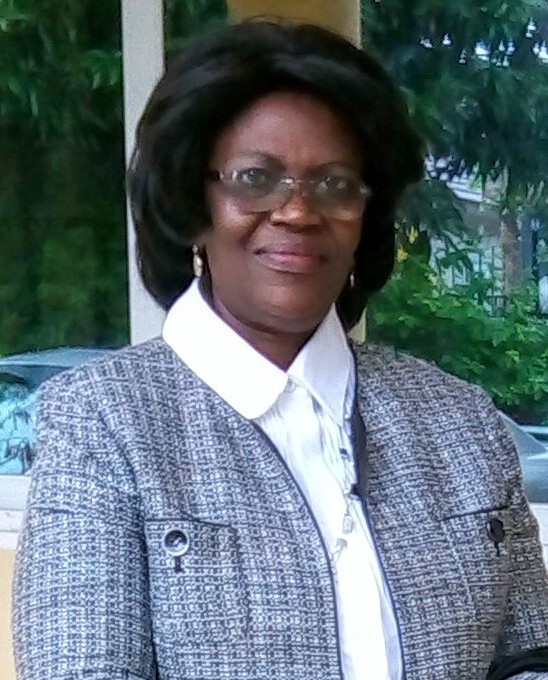|
Getting your Trinity Audio player ready...
|
An e-Learning Management Consultant, Dr Josephine Larbi-Apau, has asserted that online exams have more credibility than the normal hard copy exams taken in classrooms.
In an interview with Rev. Dr. Kwabena Opuni Frimpong on ‘What is Next’, Dr Larbi-Apau revealed that there are various mechanisms in place that makes it impossible for students taking an online exam to cheat.
“If you’re a student, you have to log in using your credentials (your username and password) but again you can go beyond that by using imaging. As you sit behind the computer the examination questions have been built in such a way that you have a camera built into the examination question (it’s a software) that will capture the image of the student on the question paper so as the student is writing his picture is on the question paper…When the student decides to leave and comes back it will capture it again,” he posited.
These mechanisms, Dr Larbi-Apau noted, makes it impossible for a student to get someone else to take the exams for him or her.
She also added that the questions of some online exams are randomized so if students in one examination hall decide to ask their colleagues for answers, they will end up getting it wrong as the numbering of their questions will be different.
“We have a way of setting up the questions. Let’s assume that you have a multiple-choice question. The multiple-choice questions are organized randomly in such a way that if we have 100 questions, your question 1 will be by question 10, your question 5 will be my question 8 so even if I talk to you in the exams room by asking you what is the answer for question 1 and you say ‘D’ that answer could be for question 10 so we randomize the questions and randomize the answers too… so there’s no way the students can cheat,” she said.
Even though there are no invigilators present for online exams, Dr Larbi-Apau stated that a clock attached to the questions is set for the duration of the paper it starts reading when the student starts answering the questions.
“It is time-based so when you start answering the questions, there’s a clock so it sets the clock, so if it one hour it starts ticking as soon as you hit start… and so the time that you’ll be wasting in talking it’s not going to wait for you.”
Other mechanisms in place that prevents students from cheating during online exams from the classroom, include blocking all other sites on computers students will be using so they can’t surf the internet for help.
Dr Larbi-Apau added that cameras can be set up in classrooms to take pictures of students in an exam hall from time to time to keep them in check.
After some level of resistance, students of some tertiary institutions in the country are set to begin online exams next week.
This is due to the closure of schools across the country as part of measures to curb the spread of the Coronavirus pandemic.
Source: www.ghanaweb.com














